If you feel like you’re putting out fires when it comes to challenging behavior you might be in “Reactive Mode”.
The biggest question I get about this is: How do I get out of reactive mode!?
Great question.
In my experience - based on when I was a preschool teacher and with what I see with our TCB Teachers’ Club members - the path to getting out of reactive mode is threefold.
The first step is: DECIDING to get out of reactive mode.
I know, I know, that seems too easy and/or like it does nothing to help with behaviors.
But hear me out…
The first step of making ANY change in our lives is arguably deciding to make the change.
Now, when it comes to preschool challenging behaviors you might think “well, Barb, of course I want to get out of reactive mode, be more proactive and OF COURSE I want to prevent or stop challenging behaviors.”
Yes, and…wanting something and deciding to do things differently so you can create change are not the same thing.
Let’s pause there.
Wanting something and deciding to do something to create change are NOT the same thing.
I’m laying on the couch and I WANT a snack. That’s different from deciding to actively get up, walk to the fridge and get the ice cream. I want the ice cream but I might decide it’s too late to eat it because the caffeine (it’s chocolate) will keep me up. Or, maybe my partner or roommate and I always eat ice cream around this time of day and I know if I wait long enough they will likely come out with ice cream or another snack. So I decide to wait and see…
I want a new job but I am deciding to wait til the new year to search.
Or, I want a new job but I am still in indecisive mode on what to do about it.
SO, when it comes to challenging behaviors in your classroom have you decided to make some changes to what you do day-to-day and DO something different?
Or are you still laying on the couch feeling indecisive about getting a snack or a new job?
No judgment! Most of us are juggling A LOT in life and we can’t tackle all our problems or make changes in all areas of life at once.
BUT if you’re realizing: ‘yeah, lately I really haven’t been seeking new challenging behavior tools and strategies…and I am not planning ahead to prevent challenging behaviors, I am definitely in “reactive mode” then I ask you…
What do you WANT when it comes to challenging behavior?
And have you DECIDED to get out of reactive mode?
It’s ok to take a minute to mull on this.
Let me know your thoughts and questions below.
Next week I’ll share the second step in how to get out of reactive mode so until then be sure to figure out if you’ve decided to make the change.

